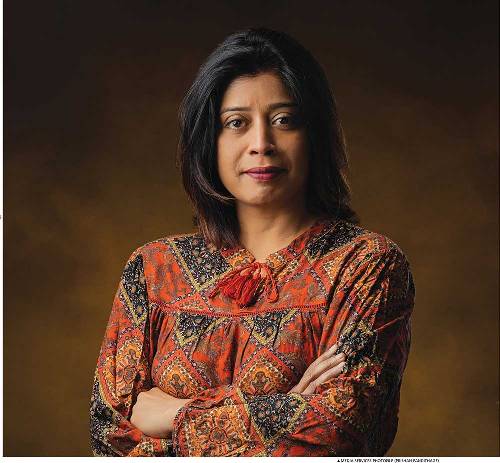
UNITED NATIONS, Feb 2, 2012 (IPS) – The political heavy hitters were all there at a key Security Council meeting early this week to decide on the future of beleaguered Syrian President Bashar al-Assad.
The lineup included U.S. Secretary of State Hillary Clinton, the Qatari Prime Minister Sheikh Hamad bin Jassim bin Jaber bin Muhammad Al Thani, the Secretary-General of the Arab League Nabil Elaraby, French Foreign Minister Alain Juppe and the British Secretary of State for Foreign and Commonwealth Affairs William Hague.
But their collective warnings about the deteriorating political and military crises in Syria fell, at least, on one deaf ear: Russia.
Armed with a veto, Russia has refused to support a resolution, inspired by the Arab League, calling on Assad to step down as the only means to resolve the killings, mostly civilians.
According to published reports, more than 5,400 people have been killed in Syria since the beginning of the insurrection about 10 months ago.
Russia's unrelenting support for Assad is attributed primarily to its strong military relationship with Syria, including last week's 550- million-dollar contract to sell 36 Russian fighter planes to Damascus.
Russian Foreign Minister Sergei Lavrov said in Moscow last month that his country will not support any Security Council resolution aimed at "regime change" in Syria.
Russia has also argued that Western nations deliberately misinterpreted a Security Council resolution against Libya last year to launch a military campaign to oust Muammar al-Gaddafi.
The no-fly zone inside Libya, as called for in that resolution,was used to justify air strikes against the Gaddafi regime. This will not repeat itself in Syria, the Russians have vowed.
Philippe Bolopion, U.N. director at Human Rights Watch, says any country should be wary of supporting the position of Russia, which is signing lucrative arms deals with the Syrian government while providing it with diplomatic cover.
Despite the absence of sanctions or a call for military intervention in the draft resolution, sponsored by Morocco, countries resisting action have argued that recent versions of the draft resolution could be used to justify a Libya-type intervention.
"Countries invoking the straw man of Libya are playing politics with the lives of ordinary Syrians," said Bolopion.
Instead of discarding the efforts of the Arab League to find a solution to the crisis, these countries should support efforts to stop President Assad's persecution of his own people, he added.
The 15 members of the Security Council are currently continuing their closed door negotiations to arrive at a consensus resolution.
The original draft not only calls on Assad to step down but also threatens to impose sanctions on Syria.
Unless the resolution is watered down, Russia has said it will veto it. As a result, the Security Council remains deadlocked.
"Russia's threats to abort a binding Security Council resolution on Syria for the second time are utterly irresponsible," said Jose Luis Diaz, Amnesty International's representative at the United Nations.
He said that Russia bears a heavy responsibility for allowing the brutal crackdown on legitimate dissent in Syria to continue unchecked.
Last October, a similar resolution against Syria was vetoed both by Russia and China.
Although China is playing a low key role in the current negotiations, it stands firmly behind the Russians.
In a statement released Thursday, Human Rights Watch said a majority of the 15 council members is described as being supportive of the draft resolution backed by the Arab League.
These countries include Azerbaijan, Colombia, France, Germany, Guatemala, Morocco, Portugal, Togo, the United Kingdom and the United States.
Quoting diplomatic sources, HRW said Russia, backed by China, India, Pakistan, and South Africa, has been reluctant to endorse any meaningful pressure on the Syrian government to end the abuse.
Al Thani, who is also the Qatari foreign minister and chair of the current session of the Arab League Council, told delegates Tuesday, "We are advocating the exertion of a concrete economic pressure so that the Syrian regime might realise that it is imperative to meet the demands of its people."
"We are not after regime change either," he said, "this is a matter up to the Syrian people to decide."
Post Disclaimer | Support Us
Support Us
The sailanmuslim.com web site entirely supported by individual donors and well wishers. If you regularly visit this site and wish to show your appreciation, or if you wish to see further development of sailanmuslim.com, please donate us
IMPORTANT : All content hosted on sailanmuslim.com is solely for non-commercial purposes and with the permission of original copyright holders. Any other use of the hosted content, such as for financial gain, requires express approval from the copyright owners.
 Sri lanka Muslims Web Portal Sri Lanka Muslims News Center
Sri lanka Muslims Web Portal Sri Lanka Muslims News Center

 Donate
Donate


